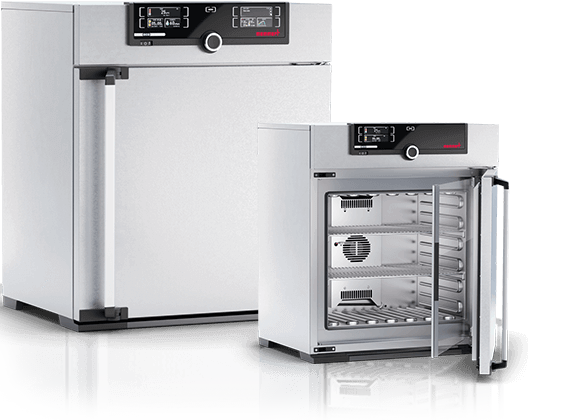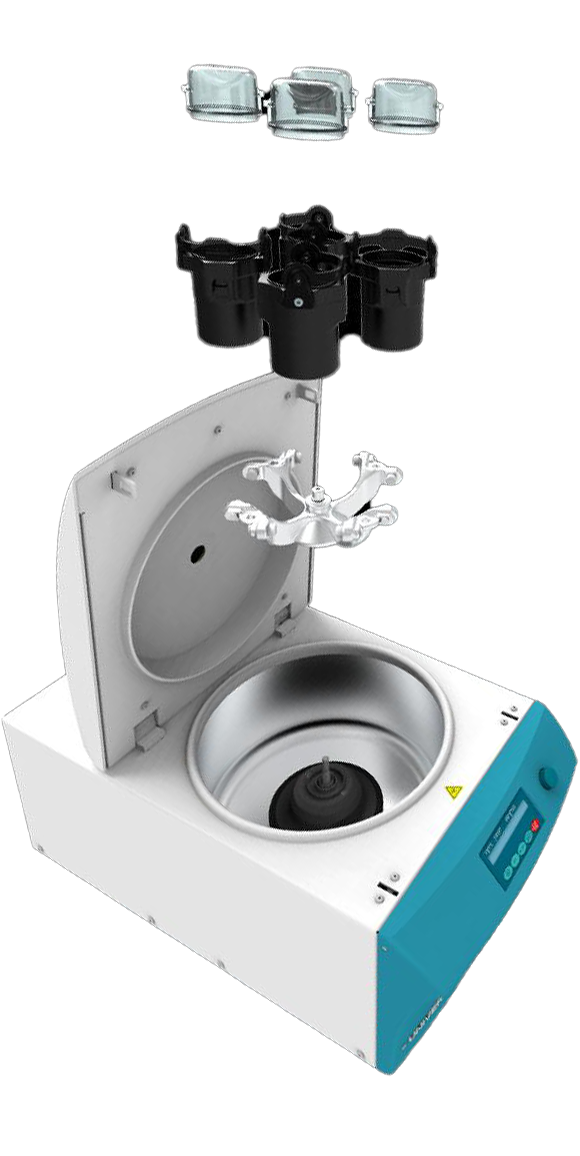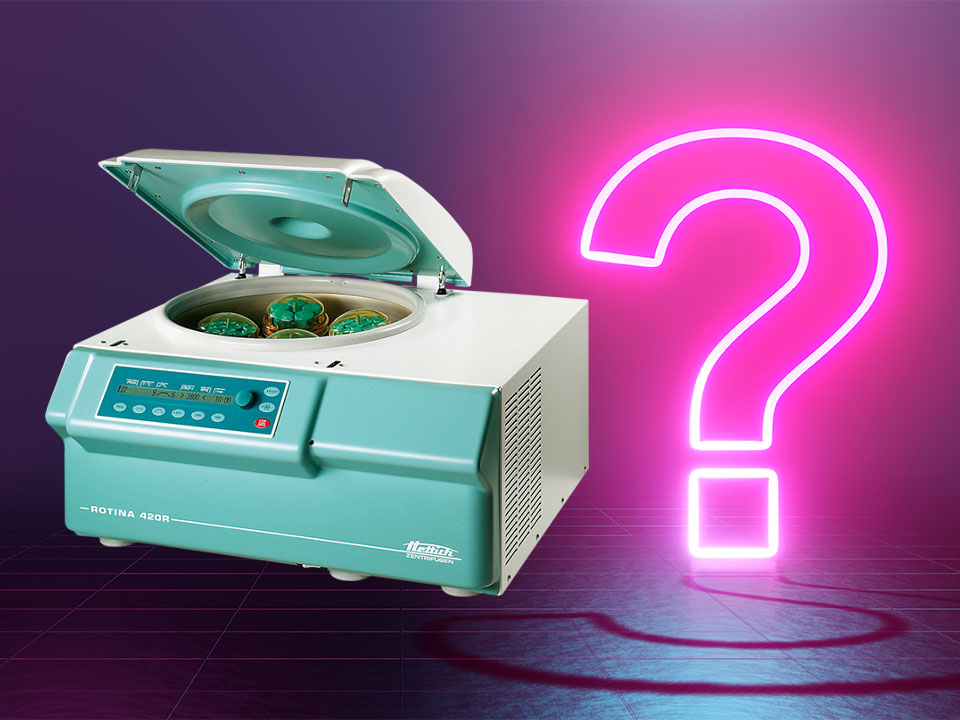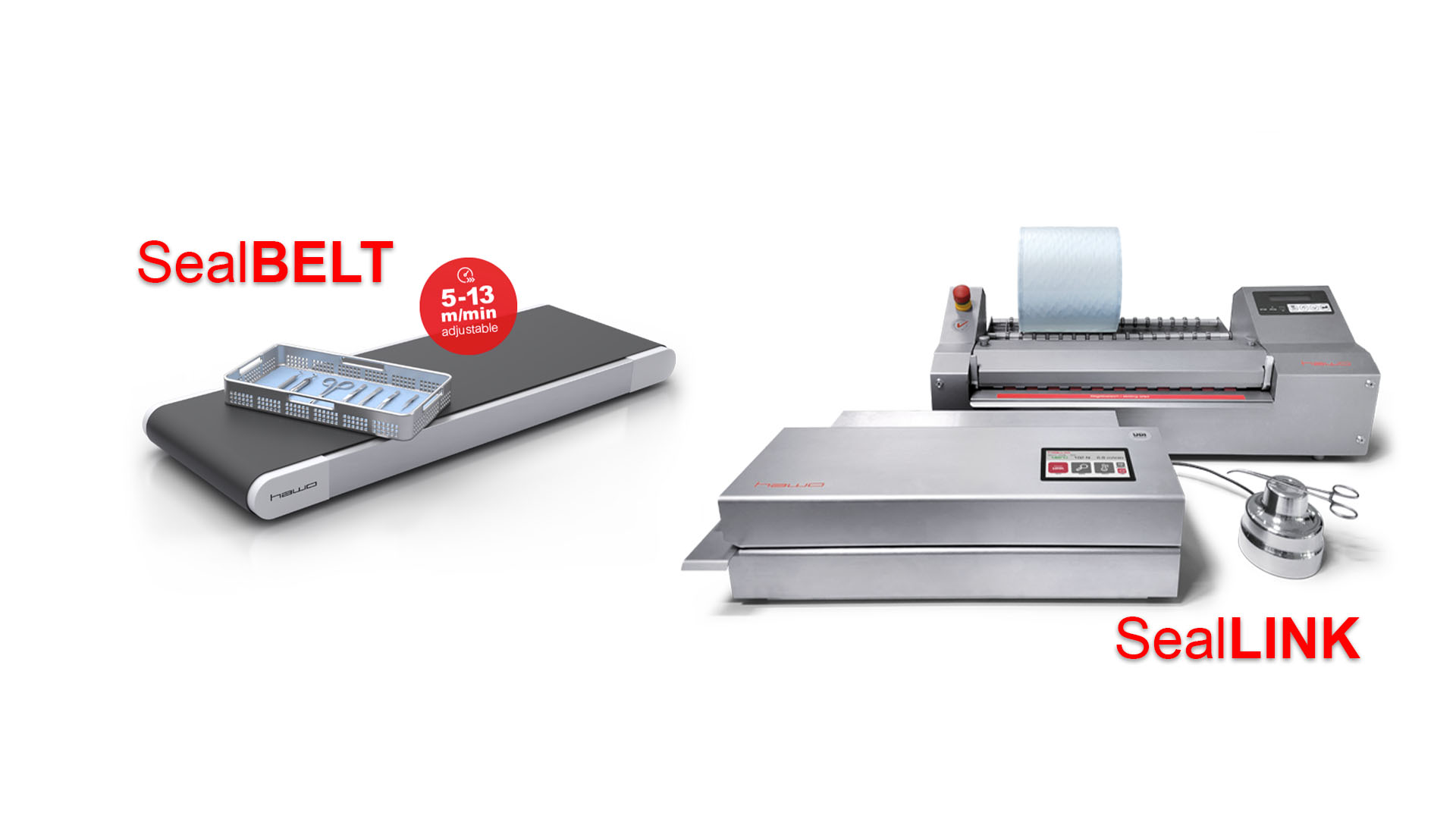Sometimes buying a new centrifuge is not an option. Budget constraints can mean that a new device is just not viable. Indeed, if buying a centrifuge for a short-term project, a new instrument is not always the answer.
In these instances, many people turn to purchasing used centrifuges. These are often less than half the price of new equipment. However, with so many different used centrifuges out there, it can be difficult to know what main things you need to consider before parting with any cash.
Luckily, Henderson Biomedical are here to help you. In this month’s blog, we will summarise the five most important questions to ask when buying a used centrifuge. Let’s take a look:
What are the availability of spare parts?
Before you part with any money to buy a used centrifuge, you should check that spare parts are still available. This is because if the equipment breaks down in its lifetime, you will most probably want to repair it, not replace it.
It can be difficult to know if spare parts are available for a particular device, especially if you are not familiar with the different centrifuge models. For example, the Hettich Mikro 220 is a current model and spares are still available from the manufacturer. However, the Hettich Mikro 22 is now obsolete and whilst some spare parts are still available, they are limited in supply.
As a general rule, manufacturers should still supply spare parts for up to seven years after manufacturing has ceased. However, the reality of this varies from manufacturer to manufacturer. To avoid problems in future, you should try to buy a model which is still being made, giving you the maximum time for availability of spare parts.
Henderson Biomedical is able to offer free and impartial advice on the availability of spare parts for different centrifuge brands.
How old are the accessories?
When buying a used centrifuge, safety is paramount. You might not know how long the rotor and buckets have been used for during its lifetime. Some centrifuges have a tacho which records the number of revolutions a particular rotor has performed. If this feature is not built into the centrifuge, then you will have to just take the suppliers word for it. As a general rule, rotors and buckets should be replaced after roughly 10,000 cycles or 10 years, whichever comes first. However, this does vary between different manufacturers. The operator’s manual of the centrifuge will be able to give you the exact figure.
In all cases, the accessories should not show any signs of wear or corrosion. If they do, then this can compromise the safety of the centrifuge and you should not purchase the device.
It is also important to consider what you will be using the centrifuge for. If the accessories of the used centrifuge do not seem that old and you are only going to use the instrument intermittently, then it will probably be OK. However, if you suspect that the accessories are already several years old and you intend to use the centrifuge heavily, then you should consider purchasing something newer.
The extra money spent on a slightly newer centrifuge will be money well spent. After all, if your centrifuge rotor or buckets break apart at full speed, you will most likely write off your centrifuge and endanger the safety of the user.
Is any warranty included?
It is standard practice to offer some sort of warranty on a used centrifuge. This can range from three months to up to a year. Make sure you ask the supplier if there is a warranty. Furthermore, check what the warranty covers. Some suppliers may offer a one-year warranty with many exclusions, which makes the warranty not worth the paper it is written on.
Has the used centrifuge been properly decontaminated?
It is very important to obtain a certificate of decontamination from the supplier. After all, you probably don’t know what the centrifuge has been used for during its lifetime. If there had been a spillage at some point inside the rotor bowl, or the user was dealing with highly infectious samples, you will want to make sure that there are no residual nasties living on or inside the centrifuge. It is also important to check all the nooks and crannies of the centrifuge to make sure there is no build up of biological matter which could be infectious.
Where should I buy my used centrifuge from?
You should always buy your centrifuge from a reputable supplier. There are many, very cheap centrifuges available on websites like Ebay, but these sellers sometimes have absolutely no commitment to customer service. Indeed, if you buy a centrifuge at auction, you may not even know if the device works or not.
Make sure you buy your used centrifuge from a specialist centrifuge or laboratory equipment supplier. The supplier should also offer some sort of warranty and after sales service and maintenance. Check that they offer this.
It is also probably a good idea to avoid overseas suppliers. Bringing centrifuges in from overseas can mean the wrong voltage is supplied or the unit gets held up in customs or damaged in transit. It is best to stick with a supplier based in the UK, so that your statutory rights remain unaffected.
How Henderson Biomedical can help
Henderson Biomedical have a huge selection of used centrifuges available for purchase. We do not list these on our website as our stock is always changing. Please contact our team with your requirements by calling 020 8663 4610 or by emailing us at info@henderson-biomedical.co.uk. Alternatively, you can use the contact form on our website. We will check our stock for something suitable.
At the very least, we can give you, free, impartial advice on which model to choose. So even if you have your eye on a used centrifuge from another supplier, feel free to give us a call and ask our opinion before making that purchase.









